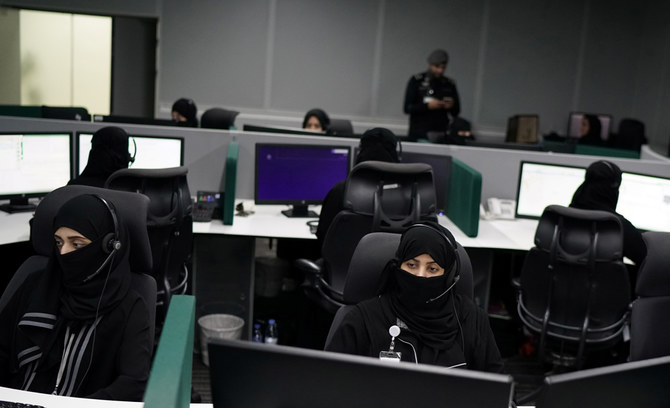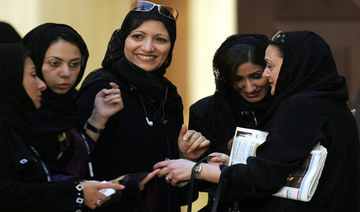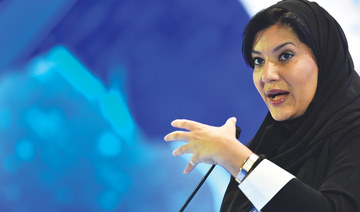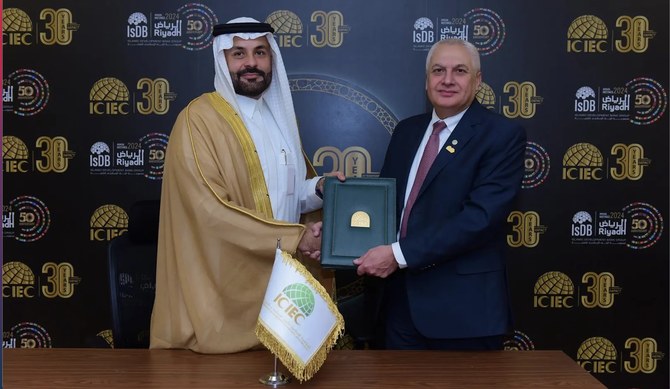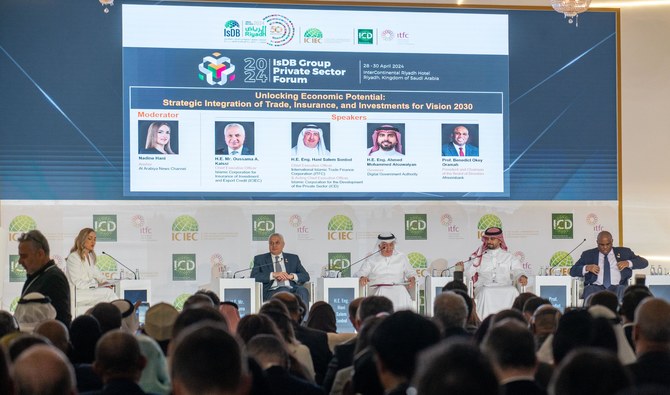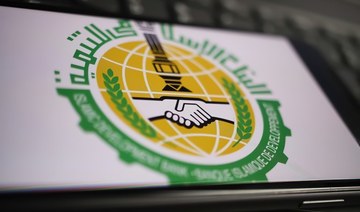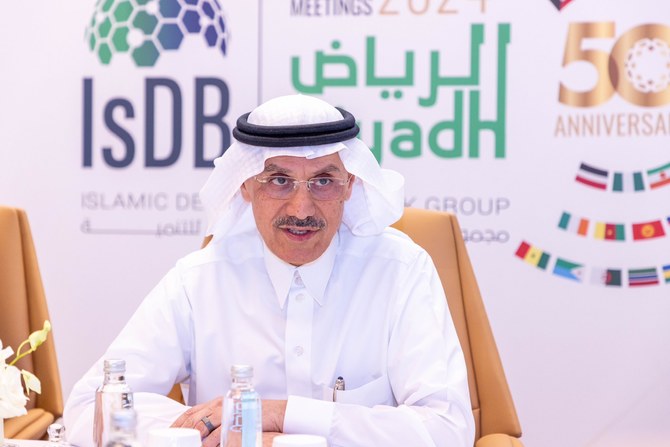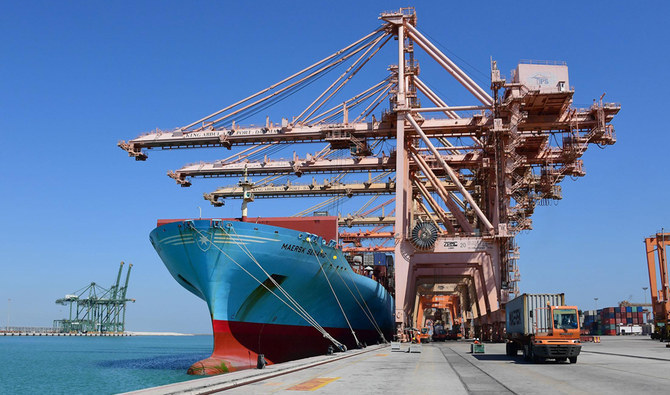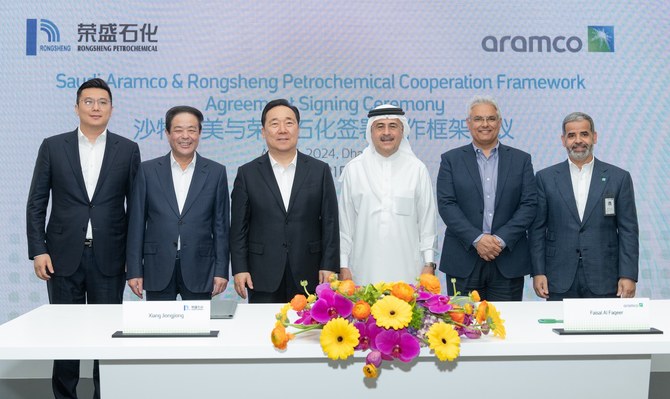RIYADH: Women in business is a global issue with important socio-economic implications that needs action on priority.
It entails specific issues including glass ceilings at the workplace, the challenges and obstacles in entrepreneurial pursuit, low participation of women in STEM (science, technology, engineering and mathematics) careers and across different industries.
Studies indicate that there is a strong correlation between female employment ratios and GDP growth, with improved business outcomes (including productivity, profitability and innovation) where there is representation of women in the workplace.
Barriers to employment that hinder women entering the workforce increase unemployment and poverty rates, and can have an adverse effect on economic output and growth.
Research from the OECD estimates that the gender gap costs the economy some 15 percent of GDP. The unequal and unfair pay is one of the most pressing and discouraging disparities.
According to an Accenture study, worldwide, women continue to earn 63 percent less than men do.
From a socio-economic perspective, the unfair and unequal pay deepens already entrenched social inequality, which, if left unaddressed, could further impact consumer and business development.
Women are less present in jobs of the future. Global Gender Gap Report 2020 from the World Economic Forum, points to a major underrepresentation of women in classic STEM fields, with less than 20 percent of roles in cloud, engineering, data and AI occupied by women.
Employment conditions and cultures often discourage women to remain in work, with many leaving the workforce to fulfil care responsibilities. This diminishes the pool of valuable talent and skills from which employers need to draw.
For example, Accenture estimates that women carry out 76.2 percent of all unpaid care work hours performed globally (more than three times more than men), with women’s unpaid work valued at up to 39 percent of global GDP.
A culture of diversity and equality is a powerful multiplier of innovation and growth. According to ILO, three in four businesses say gender diversity initiatives deliver profit increases of 5-20 percent, leaving value on the table in less diverse organizations.
Female representation in top roles continues to make slow progress.
The proportion of women in senior management globally has changed by only around eight percent, from approximately 21 percent in 2012 to 29 percent in 2019, and still falls short of the 30 percent, tipping point, expected to begin achieving gender parity. In 2019, there were just 33 female CEOs in the Fortune 500 list.
Fewer women in leadership positions deprive organizations of talented brainpower and new ideas that come from diversification in leadership.
Research from Accenture shows that in equal, empowering work environments, not only women are four times more likely to advance, but men benefit and rise faster too.
A BCG analysis estimates that if women and men around the world participated equally as entrepreneurs, global GDP could ultimately rise by approximately 3 percent to 6 percent, boosting the global economy by $2.5 trillion to $5 trillion.
While the conditions for women in business have been improving in the last couple of decades, more and quicker reforms and actions are required by governments and businesses to unlock the full value.
Barriers to women’s employment and advancements into leadership positions must be eliminated, while increasing support through work-life transitions.
This would include measures that help build essential skills (such as digital and STEM) for jobs of the future and promote cultures that enable them to grow their careers.
Particularly governments must not miss the opportunity to build the pipeline of young girls which is still a key issue in most countries.
Legal frameworks need to be strengthened and broadened to include financial inclusion, social inclusion, educational inclusion, and cultural inclusion.
In addition to harassment or discrimination must include acts of bullying and domestic abuse which are significant impediments for women to unlock their full potential.
Equity and fairness in pay can be achieved by improving the application of the equal pay principle, combating segregation in occupations and sectors, monitoring initiatives to combat vertical segregation, breaking stereotypes, and increasing transparency about the pay gap.
Increasing women-owned businesses requires special fiscal and non-fiscal policy measures. Large companies could look to expand their business relations with women-owned enterprises, including small businesses and women entrepreneurs.
Both governments and businesses must unlock the advancement and full leadership potential of women by driving reforms, fostering an inclusive environment and encouraging new ways of working including flexible working.
• Rania Nashar is chair of Women in Business Action Council, B20 Saudi Arabia, and CEO, Samba Financial Group



